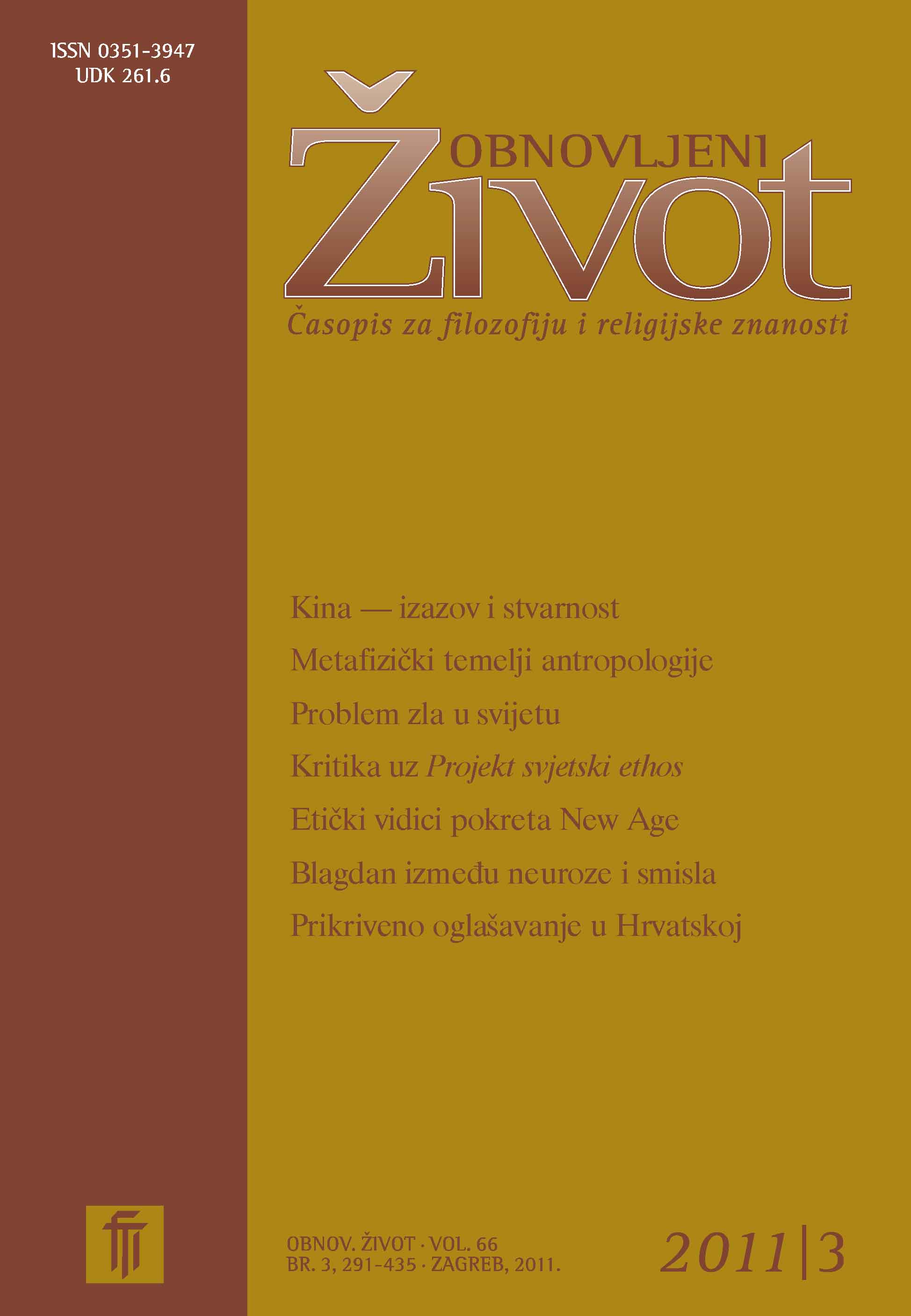The Problem of Evil in the World
Keywords:
moral and natural evil, the problem of co-existence of God and evil, the Epicurean paradoxAbstract
The author begins with a description of his personal experience of suffering and illness. With the occurrence of recent pain however, which the author compares to the serious illness of the renowned cosmologist S. Hawking, questions arise about the limits of God's love. Though his pain ebbs away with time, in the conclusion of this work the author comes to see suffering as the temporal punishment of a righteous Judge, but also as a warning; only in the Next World can we fully understand the meaning of life events and of suffering. Confrontation with the problem of evil generally stems from reflection on the following propositions: if God is omnipotent, He then has the power to eliminate evil; if God is perfect goodness, He then wants to eliminate evil; if evil exists and God exists, He then, either has not the power to eliminate all evils, nor does He know that evil exists, or He does not wish to eliminate evil. Those who allow for the possibility of the existence of the Afterlife claim that physical evil is permitted by a perfectly good and all-powerful God, while suffering and pain in this life will be acknowledged and compensated with contentment and bliss in the Next World. Therefore in the eternal life God compensates those who are worthy of Him. Finally, the author cites the main points on the problem of evil as they are presented in the Catechism of the Catholic Church.
Downloads
Published
Issue
Section
License
Jednom prihvaćeni članak obvezuje autora da ga ne smije objaviti drugdje bez dozvole uredništva, a i tada samo uz bilješku da je objavljen prvi put u Obnovljenom životu. Uredništvo će obavijestiti autora o prihvaćanju ili neprihvaćanju članka za objavljivanje.
Članci objavljeni u časopisu se, uz prikladno navođenje izvora, smiju besplatno koristiti u obrazovne i druge nekomercijalne svrhe.


